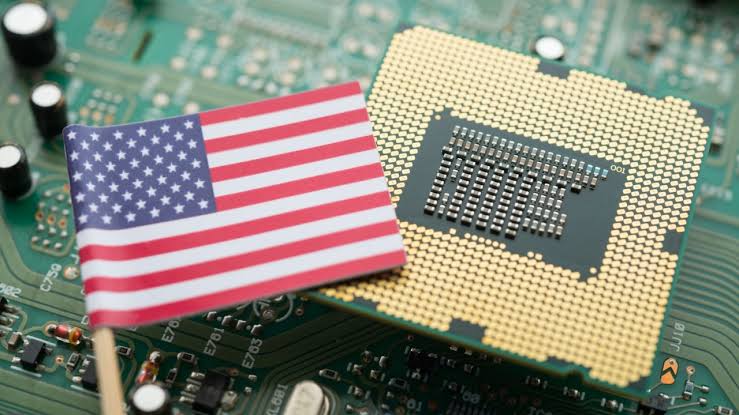In a covert effort to tighten enforcement of export controls, the United States has begun embedding hidden tracking devices in shipments of advanced artificial intelligence (AI) chips, aiming to detect and prevent their illegal diversion to China, according to three people familiar with the matter.
The initiative, which has not been previously reported, reflects growing U.S. concerns that AI chips crucial to military applications and next-generation computing have are finding their way into Chinese hands despite strict restrictions. The trackers, which resemble anti theft technology used in retail but are far more sophisticated, can alert U.S. authorities if high end chips end up in blacklisted regions or entities.
“This is a national security measure, plain and simple,” said one senior official with direct knowledge of the program. “The U.S. government needs to know where these chips go, especially when they are banned from entering China.”
The tracking initiative is being coordinated by the U.S. Department of Commerce and leverages partnerships with several American chipmakers, who were instructed to cooperate or risk losing export licenses, the sources said. Officials declined to name the specific companies involved, citing security concerns.
The Biden administration has ramped up its scrutiny of chip exports since 2022, when sweeping sanctions were introduced to curb China’s access to AI enabling hardware. Those rules have since tightened, banning not just sales to Chinese firms, but also third party re exports and indirect transfers through intermediary countries.
Despite these efforts, U.S. officials suspect that some chips particularly those from market leaders like Nvidia and AMD have been rerouted through countries such as the UAE, Singapore, or Malaysia before reaching end-users in China. The trackers are intended to help uncover such diversion routes in real time.
Export control experts warn the program could trigger diplomatic friction and spark retaliation from foreign governments or manufacturers unaware of the embedded surveillance.
“This is a bold move, but one that will be controversial,” said Kevin Wolf, a former Commerce Department official. “It raises serious questions about commercial trust, international law, and the balance between surveillance and sovereignty.”
China’s Ministry of Foreign Affairs did not immediately respond to a request for comment. In the past, Beijing has sharply criticized U.S. export controls as “technological containment” and vowed to develop domestic alternatives to high end chips.
The U.S. Commerce Department declined to comment on the use of trackers but reiterated its commitment to preventing sensitive technology from reaching hostile regimes.
As tensions escalate in the race for AI supremacy, Washington’s message appears clear: it is willing to go further than ever before to maintain its technological edge—and knows where the chips are going.
